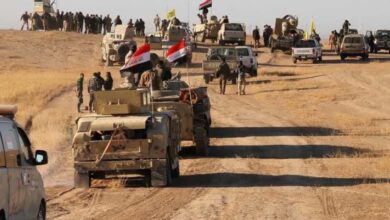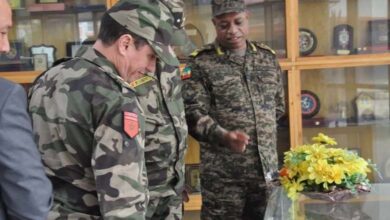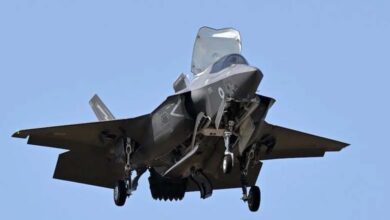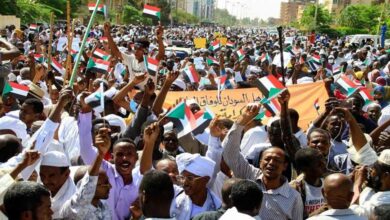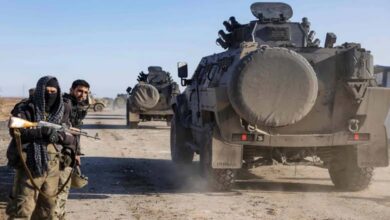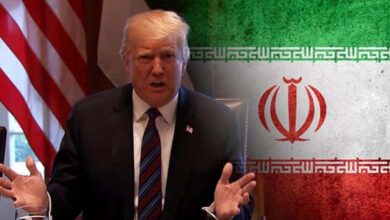Is Libya Becoming a Hub for Exporting Armed Militias to Africa?
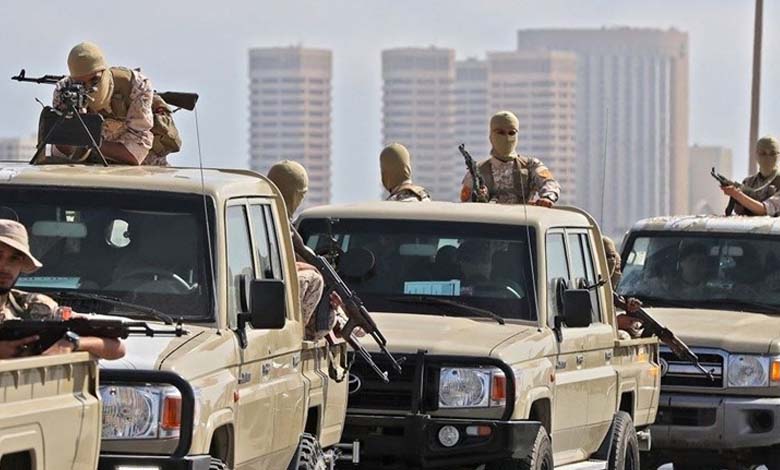
Warnings in Libya are escalating about the militarization of Libyan society following the growth of armed movements and factions, highlighting its impact on the country’s peace and social security, as well as the potential for “militancy” to exacerbate conflicts in Libya. Reports indicate that the number of armed factions and militias in Libya reaches up to 300, diverse in terms of armament and numbers.
“Militarization” or “militancy” is defined as “a process of transforming societal groups into military or semi-military units or militias dominated by conflict and violence.”
Finally, Libya ranked first on the list of African countries with the fastest-growing military strength in 2024, according to “Global Firepower,” with Mozambique in second place and Chad in third.
The United Nations has previously warned of the dangers of expanding militias and the proliferation of weapons outside the legal framework, stating in a 2020 report that “Libya has the world’s largest stockpile of uncontrolled weapons, estimated at around 29 million pieces.”
On this matter, security expert Adel Abdelkafi stated that Libya’s top position in the list of African countries experiencing the fastest military growth is not “arbitrary” but a reality that applies to the conflicting parties in Libya.
He explained, in a statement to “Arab Independent,” that the East relies on Russian military strength to support its military and political position, while the West depends on its military alliance with Turkey through a memorandum of understanding and with the Americans to enhance its military capabilities against the Russian alliance with Khalifa Haftar and the dominance of the Russian-African Corps mercenaries, which have also strengthened their positions in Libya and Africa.
Abdelkafi emphasized that the rapid military growth of armed groups in the region poses a threat to state stability because militias in Libya derive their legitimacy from the state but do not obey its leadership, with most being used as proxy war tools.
Abdelkafi did not hide his concern for the democratic process in Libya, considering that this rapidly growing military force takes advantage of security chaos to expand and dominate, while the establishment of the rule of law poses a real threat to it, explaining that it is an effective tool to serve a number of foreign agendas that want to keep Libya in the cycle of violence, emphasizing the threat posed by this rapidly growing Libyan military force to its African neighbors, as Libya is expected to become a primary source of exporting mercenaries.
Armed militias in Libya, especially in Tripoli and the west, now pose a major threat to the stability of the Libyan state, which has suffered from chaos since 2011.
In recent weeks, events have escalated following clashes between armed factions in Tripoli, amid international warnings of deteriorating security conditions in the Libyan capital.



